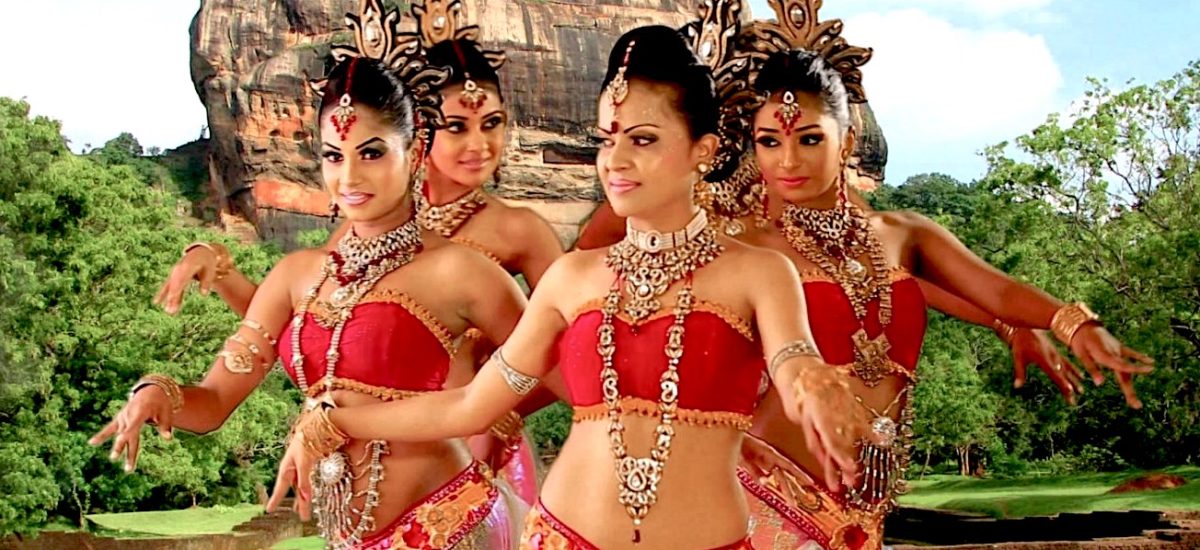Photo courtesy of culturaltourismblog
Being a woman in Sri Lanka in 2022 is a challenging experience. Gender in a patriarchal society whose hetero normative values are entrenched is intensely complicated by the complex fragility of South Asian men in a triple colonized country. I suggest that the extreme and multi-faceted misogyny experienced by girls and women has at its core the compulsive need that colonized men have to subjugate the women they claim to desire, love and need but in fact frequently seek to control and dominate.
Young women experience harassment and interference on many levels from body shaming in their teens and twenties to workplace harassment, to gender discrimination in the employment and workplacement process, to inequitable maternity arrangements, to catcalling and street harassment to and from the workplace on public transport, and to domestic violence and intimate partner violence in the home. If they seek relief from a toxic domestic environment via divorce, they are often terrorized, shamed or targeted by their ex who cannot tolerate what he perceives as any kind of rejection. Their professional reputations are often the target of sustained defamatory abuse.
One day a year, high flying women are recognized for their inspiring achievements; usually women who are in the public eye or in the corporate world. The rest of the year sees the female citizenry effectively erased, marginalized, dismissed and downtrodden.
This state of things, like many debilitating factors that degrade the society in which we live and work, has become normalized to the extent of many women also internalizing misogynistic values and participating in harassment and bullying of other women online and in the workplace instead of supporting or encouraging them to stand their ground.
Diminishing of the status of women is a loss to the whole society and categorizing this as a minority issue is a misrepresentation. It is not only statistically untrue to call women a minority group but a failure to recognise their contribution, their capacities, their dignity and their worth.
So many men in Sri Lanka have abused their positions as leaders by harassing and intimidating their female staff members and colleagues, unrealistically expecting respect in exchange for the profound disrespect they themselves offer. The #MeToo movement here has not exposed any major players and it is easy to see why. Women are systemically outgunned and outnumbered in public office. It is too easy to dismiss their opinions as overwrought, emotional or hysterical.
Yet anger is an emotion, and one of the most destructive of all; it is often shown by male bosses, fathers, husbands, boyfriends, brothers and other authority figures specifically to frighten and enforce the compliance of those whom they perceive to be lesser than them in status, and who need to be shown their place. Anger management is something that violent people need to learn because a person who cannot control themselves and their frustrations should not have authority or influence over others.
Members of the younger generation of activists are speaking up and openly calling for gender parity on panels and boards (via such initiatives as #balancethepanel) and critiquing the messages disseminated by sexist and belittling advertising in mainstream media. Predatory behaviour of all kinds is being called out via social media. Unprofessional conduct in many professional arenas is no longer always escaping the blind eye that has traditionally been turned towards such behaviour.
Any non-normative venture that seeks to expand the visibility of women and expand the definitions of what a woman is faces compulsive trolling, knee jerk mansplaining, ridicule, outrage and misunderstanding. The need to keep girls and women in their designated ineffectual place is obviously very much part of the cultural identity of the people in society. Toxic rather than divine masculinity has dominated the discourse for decades.
Gender violence should be seen as part of the violence inherent in the fractured society as a whole. People who perceive themselves to be second class citizens in a hierarchy imposed on them unjustly have very little capacity for empathy towards those even more vulnerable in real terms than they themselves feel they are.
The weight of oppression – a fusion of gender, race, ethnicity, religion and caste, can paralyze a person who is confined by these suffocating categorizations. The silencing of people who have the capacity to question and challenge the conformity that keeps us less than we could be as a society is both a vicious trend and a red flag. The description of a country where this routinely occurs as a paradise is now unfortunately ironic where people are concerned. The landscape is still idyllic but the people are being subjected to outmoded inequities and indignities.
A new generation of leadership is currently being trained with an eye to the future. A key aspect of that training is knowledge of diversity, inclusiveness, gender respect and ethical behavior. In the meantime, it is a daily ordeal for many of our citizens, who in addition to lacking power in terms of petrol, gas, and diesel fuel, lack power in more intrinsically relational and personal ways as a result of their gender status.
The good thing is, that unlike fossil fuels, the powers of self belief, self awareness and self worth are always renewable and are not dependent on external sources or authorities. Caged birds have the capacity to fly, as well as sing.


